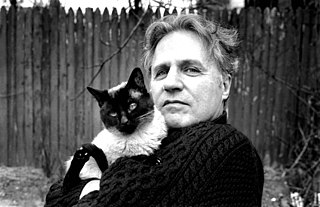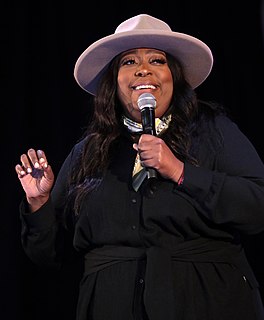A Quote by Jonathan Franzen
Certain kinds of things that the novel used to do, which was, "Oh, I'm living out here in West Nowhere, Nebraska and I'm curious how the upper class in New York City lives, I guess I'll read a novel about it." We don't have to do that now. You just turn on the TV. Turn on Lifestyles Of The Rich And Famous. You can get that information anywhere. Novels don't have to do that anymore.
Related Quotes
The point is, that the function of the novel seems to be changing; it has become an outpost of journalism; we read novels for information about areas of life we don't know - Nigeria, South Africa, the American army, a coal-mining village, coteries in Chelsea, etc. We read to find out what is going on. One novel in five hundred or a thousand has the quality a novel should have to make it a novel - the quality of philosophy.
I follow my own nose. So I read things that are different. People will always say to me, "Have you read Robert S. Bosco's latest novel?" or "Have you read so and so's history of Peru, which is reviewed in the New York Review of Books and the New York Times and has a buzz about it?" I don't even know what you're talking about. I'm like from another planet. I'm a pygmy from the jungle.
I'm always trying to make something that is impossible to film. Why would somebody just read a novel when they can see it on TV or in the cinema? I really have to think of the things fiction can do that film can't and play to the strengths of the novel. With a novel, you can get right inside somebody's head.

































